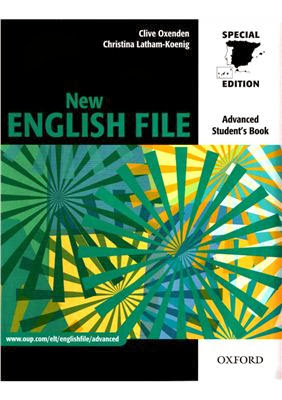Opinion essays are formal in style. They require your opinion on a topic which
must be clearly stated and supported by reasons. It is necessary to include the
opposing viewpoint in another paragraph.
A successful opinion essay should have:
a) an introductory paragraph in which you state the topic and your opinion;
b) amain body which consists of two or more paragraphs. Each paragraph should
present a separate viewpoint supported by your reasons. Another paragraph
giving the opposing viewpoint and reasons may be included; and
c) a conclusion in which you restate your opinion using different words.
Points to consider
• First decide whether you agree or disagree with the subject of the topic and make
a list of your points and reasons.
• Write well-developed paragraphs consisting of more than one sentence.
• Begin each paragraph with a topic sentence which summarises what the
paragraph is about.
• Linking words should be used throughout your composition.
• Use the techniques below to begin and end your essay.
Useful Language
To express opinion: I believe, In my opinion, I think, In my view, I strongly believe, The
way I see it, It seems to me (that)
To list points: In the first place, first of all, to start with, Firstly, to begin with
To add more points: what is more, another major reason, also, furthermore, moreover, in
addition to this/that, besides, apart from this, not to mention the fact that
To introduce contrasting viewpoints: It is argued that, People argue that, Opponents
of this view say, There are people who oppose, Contrary to what most people believe,
As opposed to the above ideas
To introduce examples: for example, for instance, such as, in particular, especially
To conclude: To sum up, All in all, All things considered, Taking everything into account
SAMPLE COMPOSITION:
People spend too much time and money on fashion. Do you agree or disagree?
Every season, the great fashion houses of Europe and America present
their new collections in the hope of persuading people to renew their
wardrobes by purchasing the latest designs. In my opinion, one does not
have to be a slave to fashion in order to look smart.
To start with, following the latest trends in fashion can be extremely
expensive. This is especially true for those who buy costly designer
clothing. There is also the risk of getting into debt in order to keep up with
the latest fashions.
In addition to this, followers of fashion often give up their individuality for the
sake of fashion. They choose clothes which suit neither their figures nor their
personalities. This is unfortunate, as the way we dress should reflect who we really
are.
On the other hand, some people argue that it is necessary to dress fashionably in
order to create the correct image for their careers. This is particularly true of those who
work with the public, as they reflect the image of their company. This does not mean that
the latest fashions are the most appropriate, however. Simple but well-made clothes are
almost always the best choice for business wear.
To conclude, I strongly believe that it is advisable to dress with style by choosing good
quality clothes which suit you as an individual and have lasting elegance. As the famous
designer Coco Chanel put it, "Fashion is made to become unfashionable." So instead of
changing your wardrobe constantly, isn 1 it better to build up a collection of clothes which
you can always wear?

















